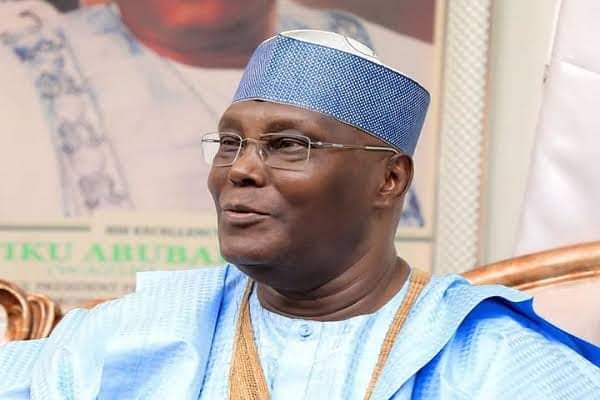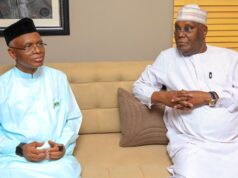The presidential candidate of the Peoples Democratic Party (PDP), Atiku Abubakar, has cautioned the Federal Government that increasing debts will never be a solution to the country’s indebtedness.
Atiku, a former vice president, in a statement, Tuesday, recalled that last week the National Bureau of Statistics (NBS) released the GDP figures for Q2 2022, saying the government has been unreasonably upbeat about the reported growth rate of 3.4%.
Waziri Adamawa claimed that the economy is in deeper trouble than the All Progressives Congress (APC)-led government is willing to admit.
The former president lamented that citizens’ level of misery hasn’t changed under President Muhammadu Buhari’s led APC.
Atiku attributed the misery to the slow pace of growth and decline of the agriculture, oil and gas, and manufacturing sectors.
“Second, unabated are rising commodity prices occasioned by high energy and transportation costs (and aggravated by the disorderliness in the forex market), ” he added.
The statement partly read, “Also, debt levels continue to rise while the fiscal capacity to service its debts is declining. All these are enough to erase the perceived gains from output growth.
“Having run out of ideas, it appears that our unprecedented level of indebtedness is whetting the government’s appetite for more debt. This is a recipe for macroeconomic instability.
“We challenge the National Bureau of Statistics to share with the public their recent statistics on poverty, unemployment, and commodity prices — the reality of which will leave no hope for the common man.
“As I have said before, increasing debts will never be a solution to our indebtedness. My government, if elected, will halt the rate of debt accumulation and instead focus on private-public partnerships in financing development.”
He noted that the consideration of a government of national unity will douse the temperature, unite Nigerians and pave the way for improved security.
According to him, improved security allows for investments and, therefore, an improved economy.










